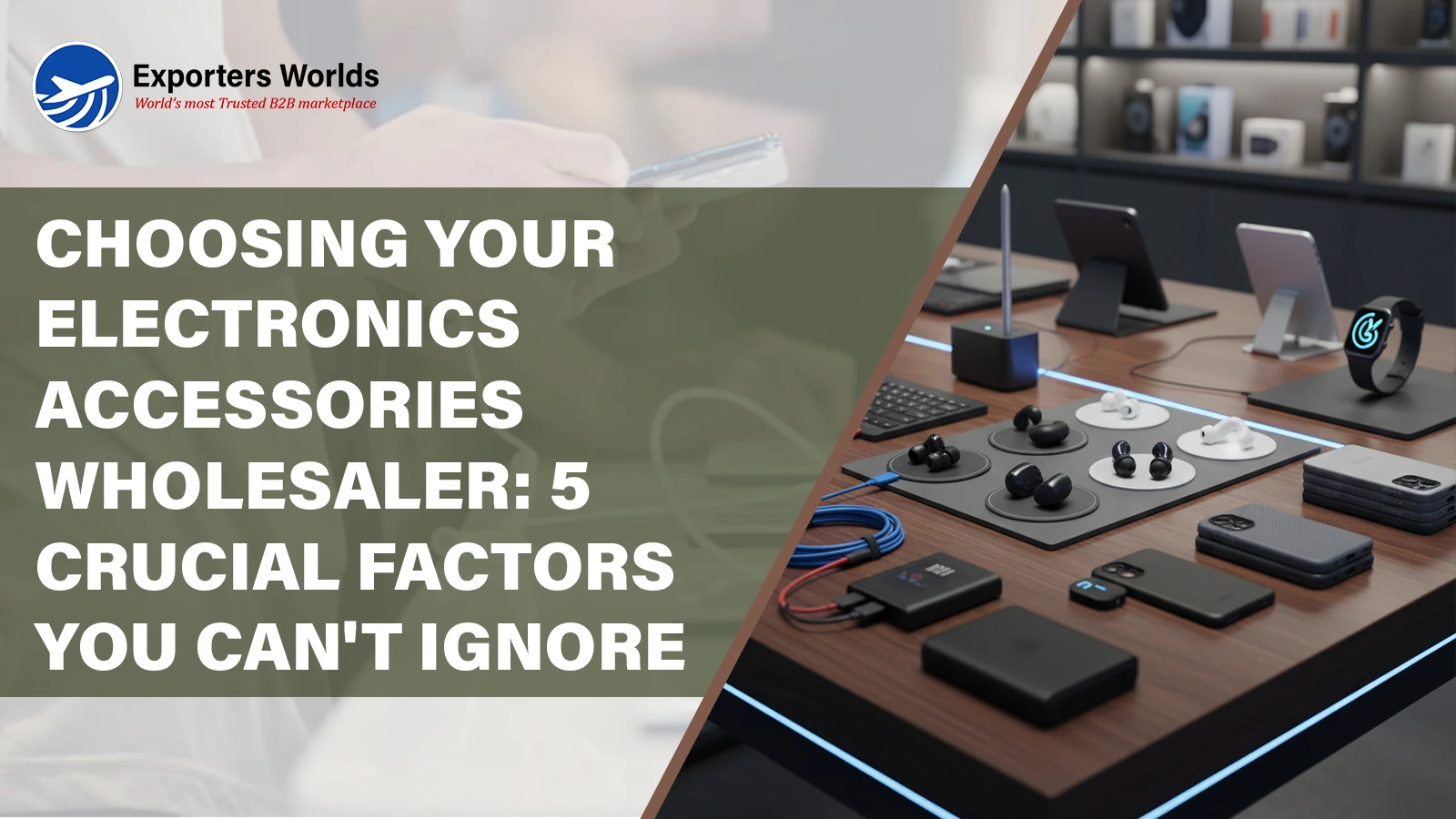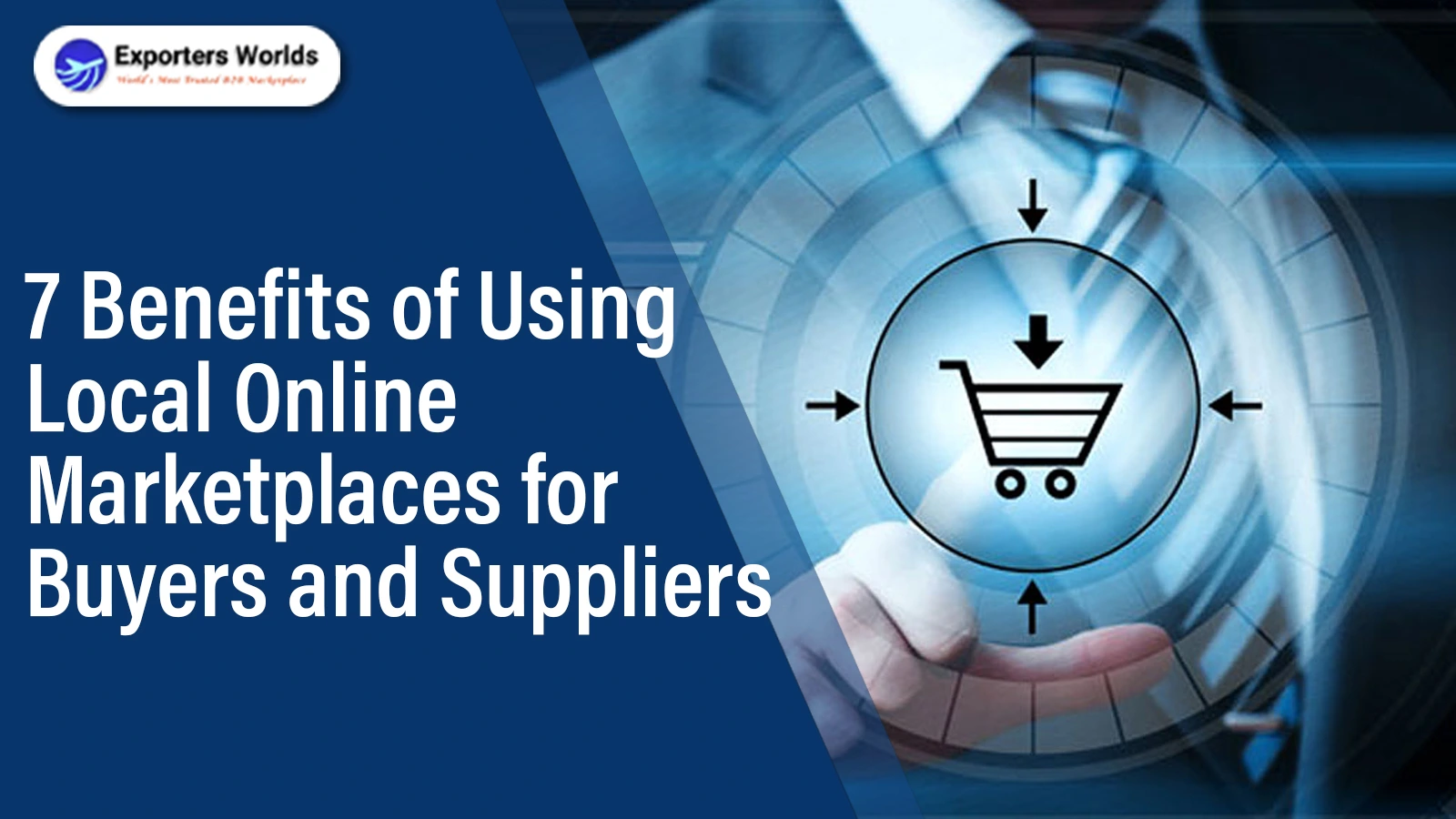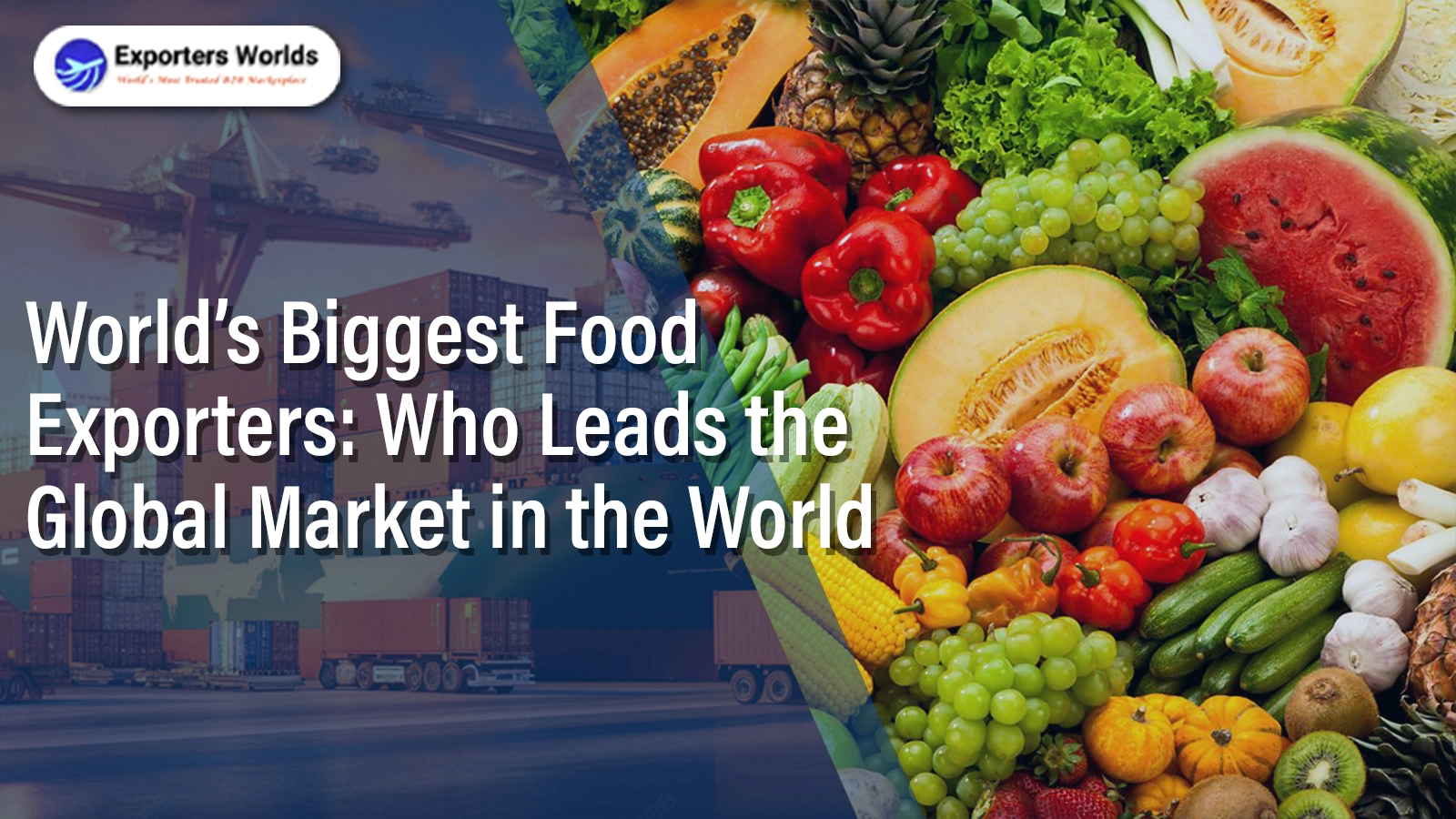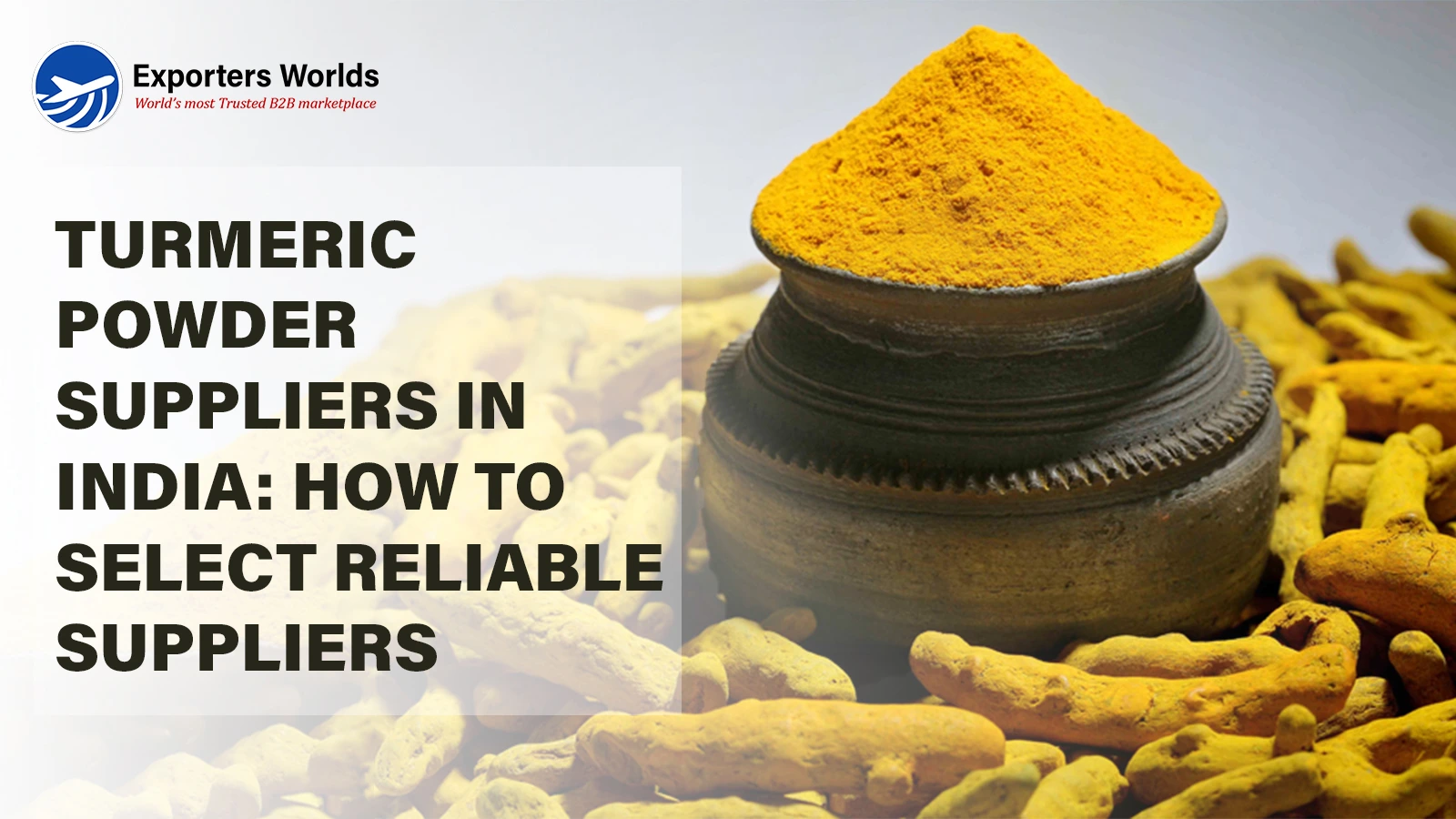Petroleum Products Export: How to Find Buyers and Get Export License
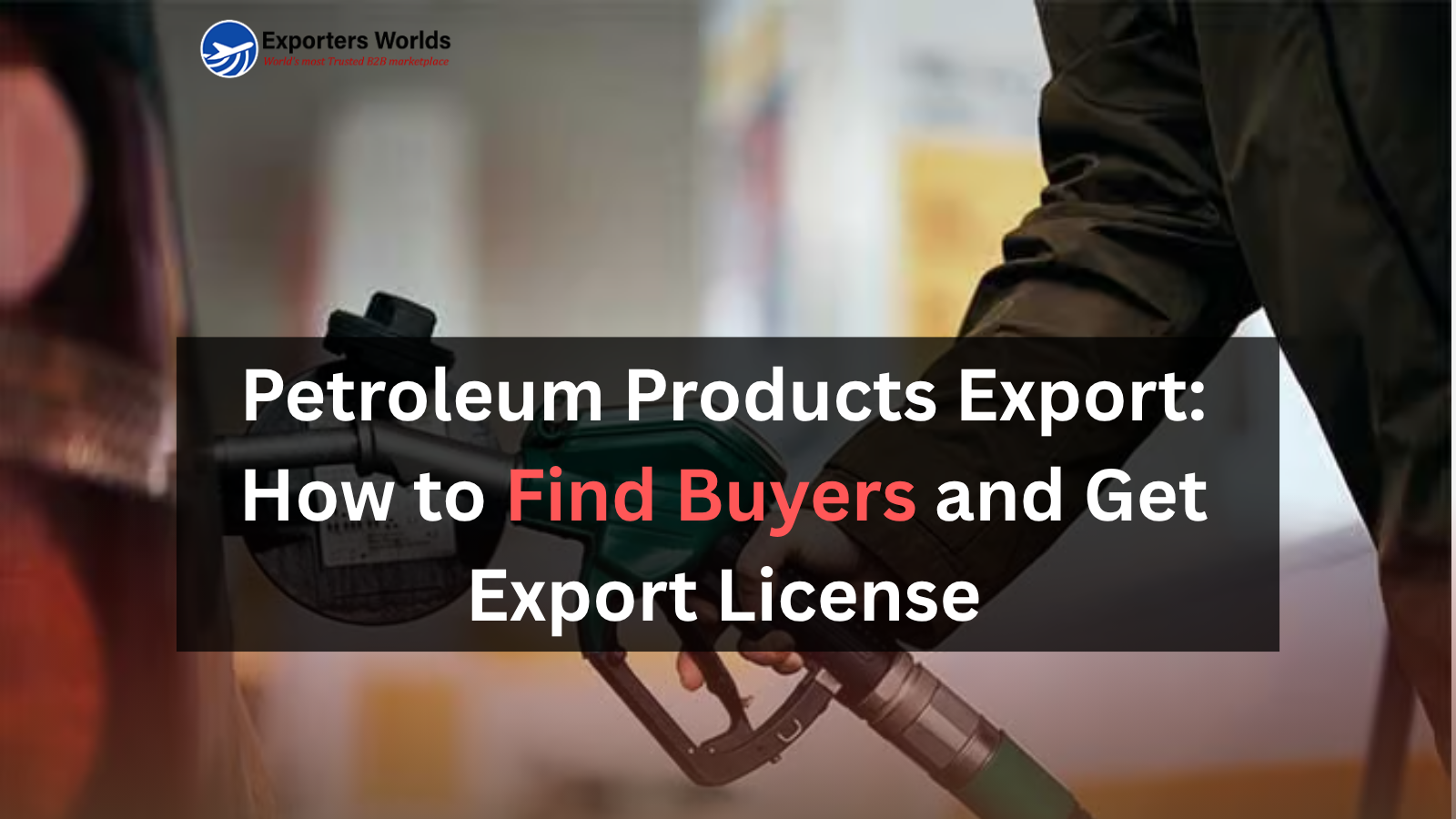
Introduction
Petroleum products power everything—from the planes flying over our heads to the buses on dusty highways and the generators humming through power cuts. They’re liquid gold, quite literally.
And for those looking to enter the world of petroleum products export, the potential is massive. The global oil and petroleum product trade is worth over $2 trillion annually, according to the World Trade Organization. Diesel, gasoline, LPG, jet fuel—all find hungry markets, especially in regions that lack refining capacity.
But this isn’t a game of “just ship and sell.” It’s a dance of documentation, regulation, and reputation.
This article is here to break it down for you—how to find real buyers who mean business, and how to get that all-important export license that keeps your shipment from getting stuck or seized.
Let’s dive in, unfiltered.
Understanding the Petroleum Products Export Industry
What Are Petroleum Products?
At the heart of it all is crude oil. But what comes out after distillation is what the world runs on—diesel, gasoline (petrol), aviation turbine fuel (Jet A-1), LPG, kerosene, base oils, bitumen, and more.
They’re everywhere:
-
Diesel fuels industrial trucks and generators.
-
Jet fuel keeps the airline industry moving.
-
LPG cooks meals across millions of homes globally.
-
Base oil is the silent hero behind the lubricant industry.
Each of these products serves a distinct market—and understanding that is your first competitive edge.
Major Export Markets and Demand Drivers
Where do petroleum products go?
Africa remains a high-consumption, low-production continent. Countries like Ghana, Kenya, Tanzania, and South Africa import hundreds of thousands of barrels per day, simply because they lack adequate refining infrastructure.
Europe, especially Eastern Europe, imports diesel and fuel oil for heating and industrial use—thanks to phase-outs of older domestic refineries.
Asia, particularly Southeast Asia and India, is a constant buyer due to rapid urbanization and energy deficits.
And what drives this hunger?
-
Geopolitical instability in oil-producing countries often disrupts local supply.
-
Energy demand outpacing infrastructure growth.
-
Seasonal surges—like winter heating oil demand in Europe.
One surprising fact? In 2023, Africa imported over $80 billion worth of refined petroleum products, most of it from Europe, Asia, and the Middle East.
Challenges and Risks in Petroleum Products Export
This isn’t a plug-and-play business, and anyone who tells you otherwise is bluffing.
Volatility is constant. Crude prices can swing 10% in a week based on political tweets or pipeline explosions. A shipping lane closure in the Red Sea, and suddenly your profits are slashed.
Legal compliance is brutal. Every drop of oil is watched. Countries impose sanctions, embargoes, and require intense scrutiny on source, buyer, and route.
And logistics? If you’re not prepared for documentation hell—BLs, MSDS, SGS reports, customs clearance—you’ll drown before you export a single liter.
How to Find Buyers for Petroleum Products Export
Define Your Product and Target Market
You can't sell "oil"—you need to know what kind, for whom, and where. Aviation fuel won’t find a buyer looking for low-sulfur marine diesel. And Jet A-1 from one refinery may not meet another region’s specifications.
Be clear:
-
Are you selling base oil SN500, or low-pour point diesel?
-
Is your product sourced from a refinery, storage depot, or bulk trader?
-
Who is your buyer? A government agency? An industrial firm? A reseller?
And then align it with your target country’s needs, import rules, and logistics capabilities. Otherwise, you’re casting a net into the wrong ocean.
Use Trade Platforms and Directories
Top B2B Marketplaces
Here's where the digital world helps:
-
Tradekey is still relevant for fuel buyers in the Middle East and Africa.
-
Global Sources is great for bulk industrial buyers, especially in Asia.
But these aren’t plug-and-play. Real deals still happen offline after digital trust. Many messages go unanswered—unless your offer is verified, licensed, and specific.
Trade Missions and Exhibitions
Some of the most serious buyers show up here:
-
Oil & Gas Africa: Raw, aggressive, real-time deal-making.
-
ADIPEC (Abu Dhabi): Where Middle East and Asia meet with money.
-
OTC Houston: If you’re looking at upstream players and North American connections.
Don’t just attend—book a booth, shake hands, and walk out with a contract.
Network Through Industry Contacts
Buyers don’t always list themselves online. You have to dig.
-
Freight forwarders often know who’s moving petroleum cargo and who’s looking to.
-
Local brokers may already have Letters of Intent (LOIs) sitting in their inbox.
-
Refineries and depots often get unsolicited inquiries—they pass them on to known exporters.
In this game, your second-degree contacts often hold the keys. Follow them.
Leverage Government and Chamber of Commerce Resources
Few use this route, but it’s golden.
Many Export Promotion Agencies offer:
-
Lists of pre-qualified importers from partner countries.
-
Access to government-backed trade deals.
-
Legal help for navigating sanctions or tariffs.
Also look into:
-
Your country’s Department of Trade or Petroleum Ministry
-
Chambers of Commerce, especially in Gulf, West Africa, and Southeast Asia
-
Oil and gas business councils
These institutions can validate your offer and connect you with legitimate, large-scale buyers.
How to Get an Export License for Petroleum Products
Understand Your Country’s Export Laws
This varies country to country, but some constants remain.
In Nigeria, you need clearance from NUPRC (Nigerian Upstream Petroleum Regulatory Commission) and DPR (Department of Petroleum Resources).
In the U.S., it’s the Bureau of Industry and Security (BIS) that regulates petroleum exports, especially under sanctions regimes.
You’ll also need the correct HS (Harmonized System) Code for your product—this determines documentation, tariffs, and customs classification.
Step-by-Step Process to Obtain a Petroleum Export License
Register Your Business for Export
You must be a legally registered entity:
-
Business license
-
Tax Identification Number (TIN)
-
Exporter registration with your national trade authority
No shortcuts here. If you're not licensed, you're not in the game.
Apply for an Export Permit or License
Typically, you’ll need:
-
Source documents (proof of product origin)
-
Product specs (like sulfur content, density, flash point)
-
Contract or LOI from a buyer
-
Application via official government portals
Some countries may also require performance bonds or minimum storage capacity to prove operational readiness.
Secure Additional Clearances
You may need:
-
Environmental certifications (especially for fuel oil or marine diesel)
-
Safety inspections
-
SGS or Intertek test reports
-
Shipping and customs documentation based on destination
Each layer adds time—but skipping it can get your cargo impounded.
Common Mistakes to Avoid
-
Incomplete or falsified documentation
-
Overpromising product grades you don’t actually control
-
Ignoring the destination country’s rules, including import bans or fuel quality standards
These mistakes can kill a deal—or worse, lead to blacklisting.
Logistics and Compliance for Petroleum Products Export
Choose the Right Shipping Method
How you move the product affects your entire margin.
-
Tanker vessels are ideal for bulk (≥10,000 MT), but require port access, special insurance, and coordination with harbor authorities.
-
ISO containers are more flexible for smaller, regional deliveries—especially for LPG and base oils.
-
Pipelines are rare but used in specific cross-border deals, like between Eastern Europe and Central Asia.
Choose what fits your volume, frequency, and infrastructure.
Insure Your Shipment
Petroleum exports are high-risk.
You need:
-
Cargo insurance (theft, spillage, delay)
-
Marine insurance (especially in piracy-prone zones like Gulf of Aden)
-
Third-party liability (in case of fire or environmental damage)
You don’t want to pay for a fire at port that wasn’t even your fault.
Ensure Compliance with International Regulations
Know your INCOTERMS (e.g., FOB, CIF)—they determine who bears risk when.
Adhere to IMO regulations, especially for tanker labeling, safety, and spill containment.
And don’t forget international sanctions. One wrong destination, and your license can be frozen.
Exporters Worlds, for instance, integrates AI-backed compliance filters that alert you when a deal may be non-compliant. More on that in a moment.
Conclusion
This isn’t a business where you can fake your way through. The margins are real, but so are the risks.
Start with one product—one buyer. Make that deal airtight. Ship it right. Deliver clean.
Then scale.
Focus on long-term trust over short-term gain. Watch the news, follow policy changes, and build a network that keeps your deals moving even when markets freeze.
And if you want a place where verified buyers meet pre-screened exporters—Exporters Worlds stands out. With curated leads, compliance tools, and profile verification, it’s built for serious petroleum traders who don’t want to get lost in a crowd of fake RFQs.
FAQs About Petroleum Products Export
What license do I need to export diesel fuel?
It depends on your country. In Nigeria, you need permits from DPR and NUPRC. In India, you’ll need DGFT authorization. The U.S. requires a BIS export classification.
How long does it take to get an export permit?
Anywhere from 2 to 8 weeks, depending on your documentation, country, and product type. Some regions fast-track LOI-backed applications.
Can I export petroleum products without owning a refinery?
Yes. Many successful exporters are aggregators or logistics providers with storage rights and refinery offtake agreements. What you absolutely need is a valid export license, product control, and buyer commitment.
